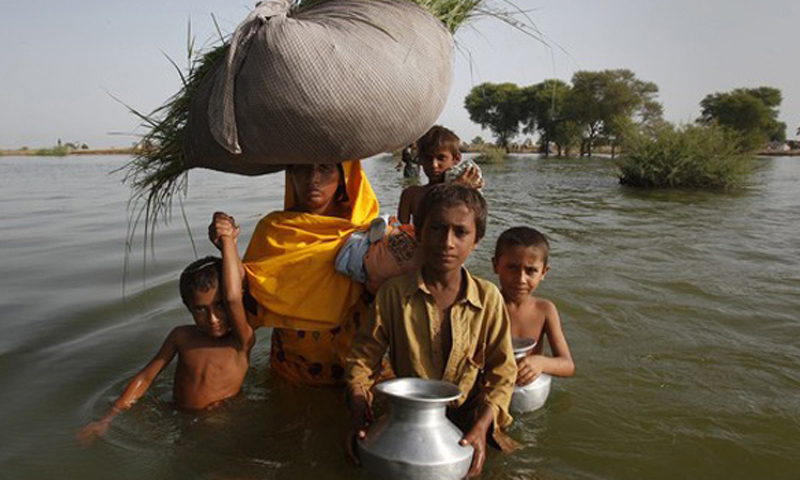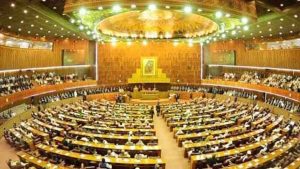ISLAMABAD – Global warming and subsequent climate change, caused by multiple environmental hazards, has brought on a slow and gradual reduction in cold weather conditions in Pakistan.
In a startling revelation, a weather expert has said the climate change is causing the summers to become longer by one day every year.
“Around 15 years ago, the summer season in Pakistan spanned over 145 days (almost five months), but now it has reached 170 days, which means more or less one-day addition per year in hot days,” Dr Muhammad Hanif said.
He said environmental degradation because of multiple factors including less greenery and increased industrial and chemical emissions was prolonging summers and shrinking winters.
The expert said that climate change in the country had badly affected the agriculture sector and advised growers to follow the guidelines of experts before cultivating any crop.
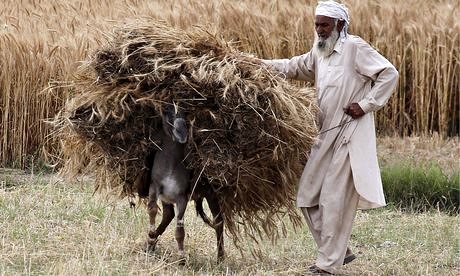
A spokesman for the Ministry of Climate Change Muhammad Saleem told APP that in recent years, the impact of climate change on the country’s society and economy had grown more intense. Already in the grip of shifting and unreliable winter and summer rainfall patterns, devastating floods, droughts, landslides, land and river erosion, and
rapidly melting glaciers, he warned that “Pakistan is bound to witness increase in intensity and frequency in these climate change impacts.”
Citing some of the reasons of environmental degradation, he said a surging population growth, unsustainable urban sprawl, and unchecked deforestation were exacerbating the effects of global warming-induced climate change in the country.
“These very issues are making natural disasters hard to manage,” he added.
The spokesman said that Pakistan’s population was most likely to swell to 230 million by 2030 and over 60 percent of it would be living in urban areas.
“This would build up more pressure on already ailing public infrastructures like water and sanitation, housing, education and health facilities,” he added.
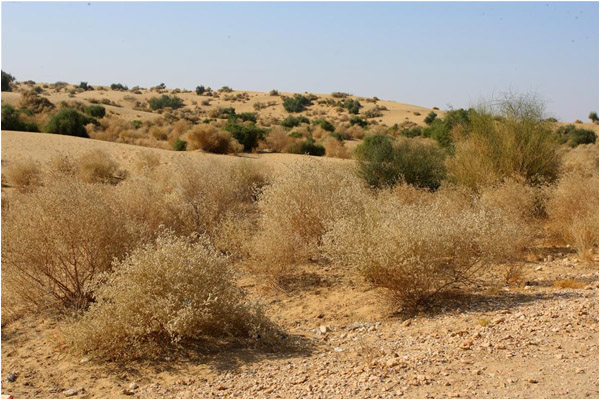
In the past, he said that inadequate planning at village, town, district and provincial level to deal with climate change impacts and avoid loss of the life and livelihood had exposed the country to water-related risks from climate change in addition to putting the country’s agriculture, industry and hydropower at risk.
In Pakistan, he said that the urban poor were more vulnerable to the risk of floods.
Over last five years, Muhammad Saleem said, the country had suffered over 25 billion dollars in economic damages because of climate change-related natural disasters, particularly floods and torrential rains.
“Nearly 35 billion dollars are required to recover these damages, mainly in agriculture, water, public and communication infrastructure,” he said.
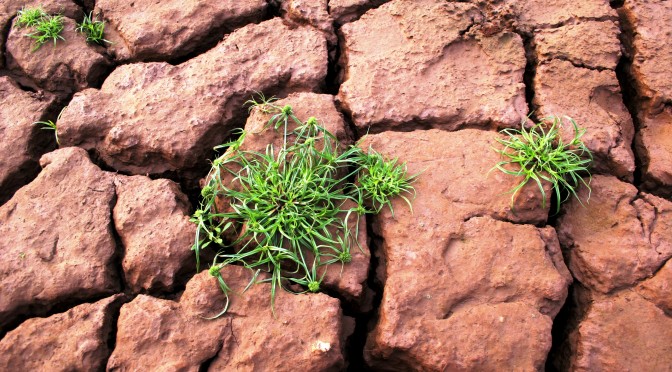
He stressed that adequate budgetary allocations were inevitable for making the country’s key socio-economic sectors such as mainly agriculture, water, energy, public and communication infrastructures climate-resilient.
In 2015, he said the US-based World Resources Institute ranked Pakistan as the fifth most river flood-affected country among 164 countries analysed.
The institute estimated that floods affected nearly 715,000 people in the country each year, causing $1.7 billion in economic losses. The US-based think-tank has further warned in its report that by 2030, river floods could affect two million more people in Pakistan every year, with climate change driving 70 percent of that increase.
Given the urgent need for mitigating climate risks, the Green Pakistan Programme envisioned by Prime Minister Muhammad Nawaz Sharif has been launched to tackle climate change and seriousness towards re-invigorating ailing forestry sector as a part of boosting country’s climate resilience.
Under the Rs10 billion project, a target of planting 100 million trees in next five across the country has been set.
Besides, he said, the Ministry had urged the provincial governments to expedite implementation process of the national climate change policy, wherein different climate risks and solutions for them have been identified.
Provincial governments, he said, urgently needed to roll out climate change adaptation plans in agriculture, energy, water, irrigation, health, education and other socio-economic sectors to decrease country’s climate vulnerability.

